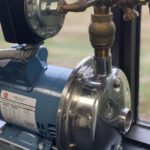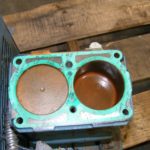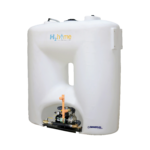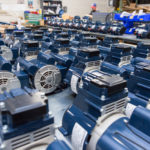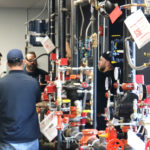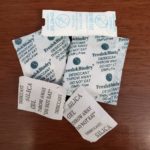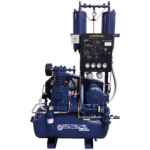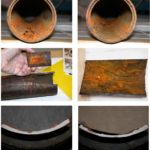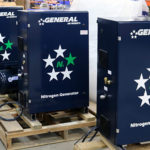In a word: corrosion. In a far more important word: safety. Many booster pumps installed in NFPA 13D applications use the slightly cheaper yet much less safe alternative cast iron components, which are highly susceptible to corrosion. To understand this better, let’s look at the timeline: An NFPA 13D system (who’s booster pump is complete… Read more …
